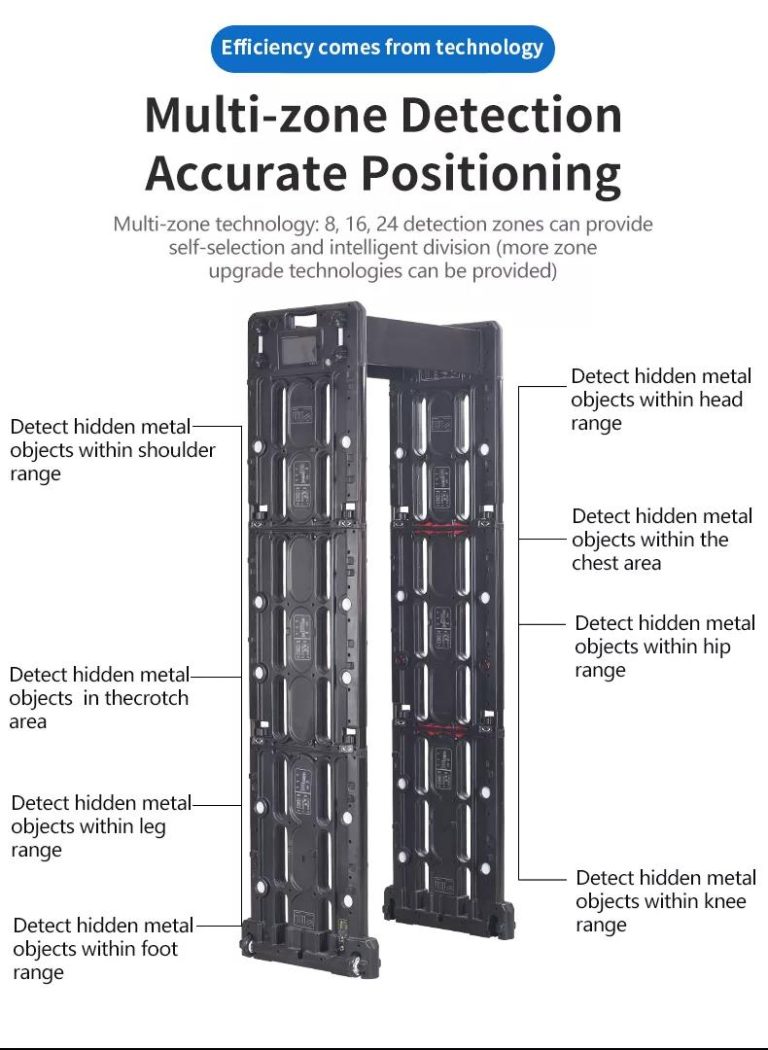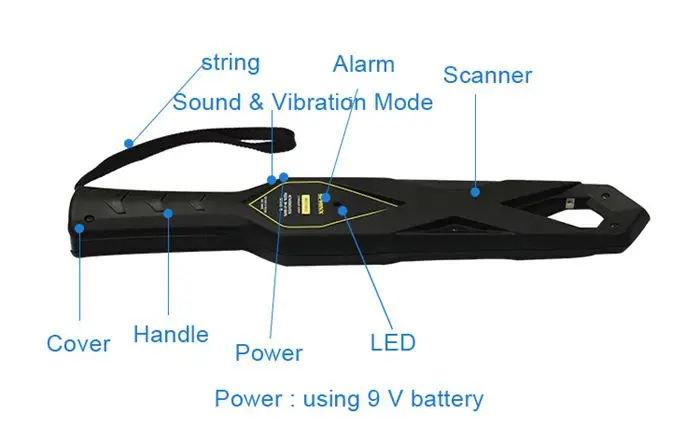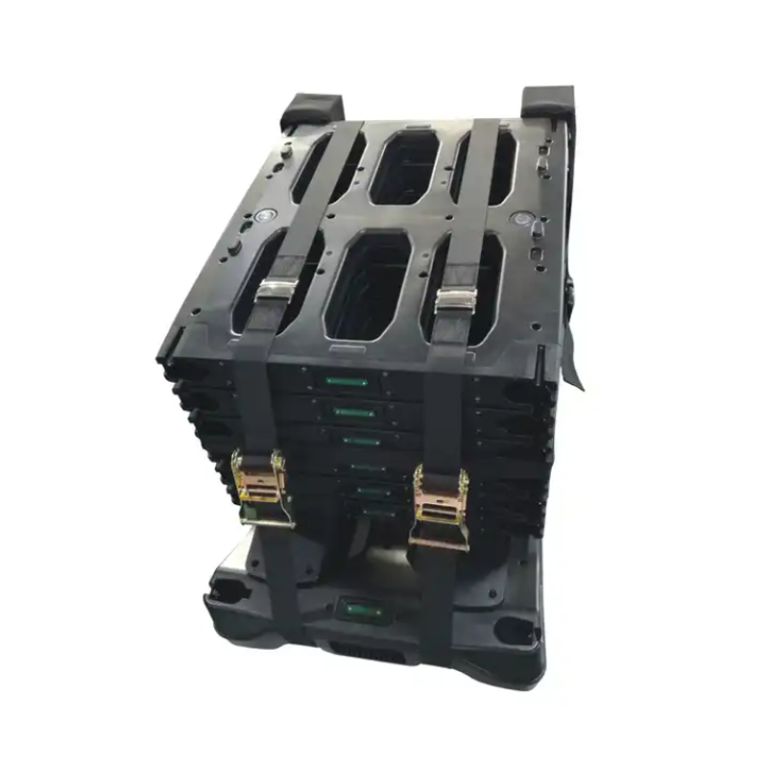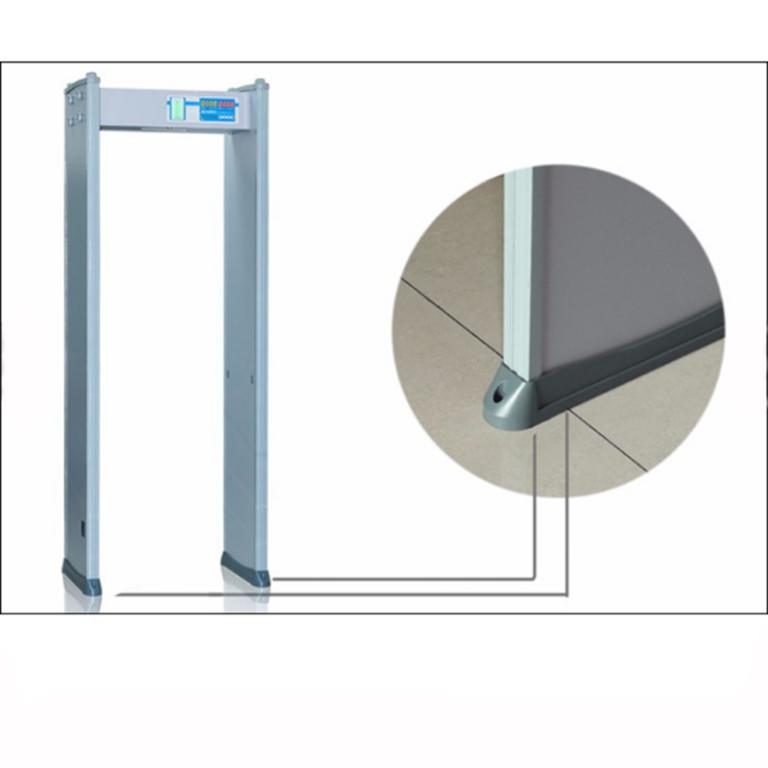Understanding the Role of Industrial Metal Detectors in Enhancing Security
Industrial metal detectors play a pivotal role in enhancing security across a wide range of sectors. These devices, which are designed to detect the presence of metal objects, are a key tool in the arsenal of security personnel worldwide. They are used in various industries, including mining, food processing, pharmaceuticals, and security, to name a few. The primary function of these detectors is to identify and isolate metallic items that could potentially pose a threat to safety or product quality.
Industrial metal detectors work on the principle of electromagnetic induction. When a metal object passes through the detector’s magnetic field, it disrupts the field and triggers an alarm. This simple yet effective mechanism allows security personnel to quickly identify potential threats and take appropriate action. The sensitivity of these detectors can be adjusted to detect different types of metals, including ferrous and non-ferrous metals, making them a versatile tool for security.
In the mining industry, for instance, metal detectors are used to locate valuable minerals and metals buried deep within the earth. They help in identifying the presence of gold, silver, and other precious metals, thereby aiding in the exploration and extraction process. This not only enhances the efficiency of mining operations but also contributes to the safety of miners by helping to prevent accidents caused by undetected metal objects.
In the food processing and pharmaceutical industries, metal detectors play a crucial role in maintaining product quality and safety. They are used to detect metal contaminants that may have inadvertently entered the production process. This could include anything from tiny fragments of machinery to pieces of metal from packaging materials. By identifying and removing these contaminants, companies can ensure that their products are safe for consumption and meet the stringent quality standards set by regulatory bodies.

In the realm of security, industrial metal detectors are an indispensable tool. They are commonly used in places like airports, schools, and government buildings to screen individuals for concealed weapons or other metallic objects that could pose a security risk. The use of metal detectors in these settings has proven to be an effective deterrent against potential threats, contributing significantly to public safety.
Moreover, the advancements in technology have led to the development of more sophisticated and efficient metal detectors. Modern detectors come with features like discrimination control, which allows users to ignore certain types of metals, and target identification, which provides information about the type and size of the detected metal. These features not only enhance the accuracy of detection but also make the process more streamlined and user-friendly.
In conclusion, industrial metal detectors are a key tool for security in various sectors. They help in detecting and isolating potential threats, thereby enhancing safety and product quality. With the continuous advancements in technology, these detectors are becoming more efficient and versatile, further reinforcing their importance in the security landscape. Whether it’s locating precious metals in a mine, ensuring the safety of food and pharmaceutical products, or preventing potential threats in public places, the role of industrial metal detectors in enhancing security cannot be overstated.






